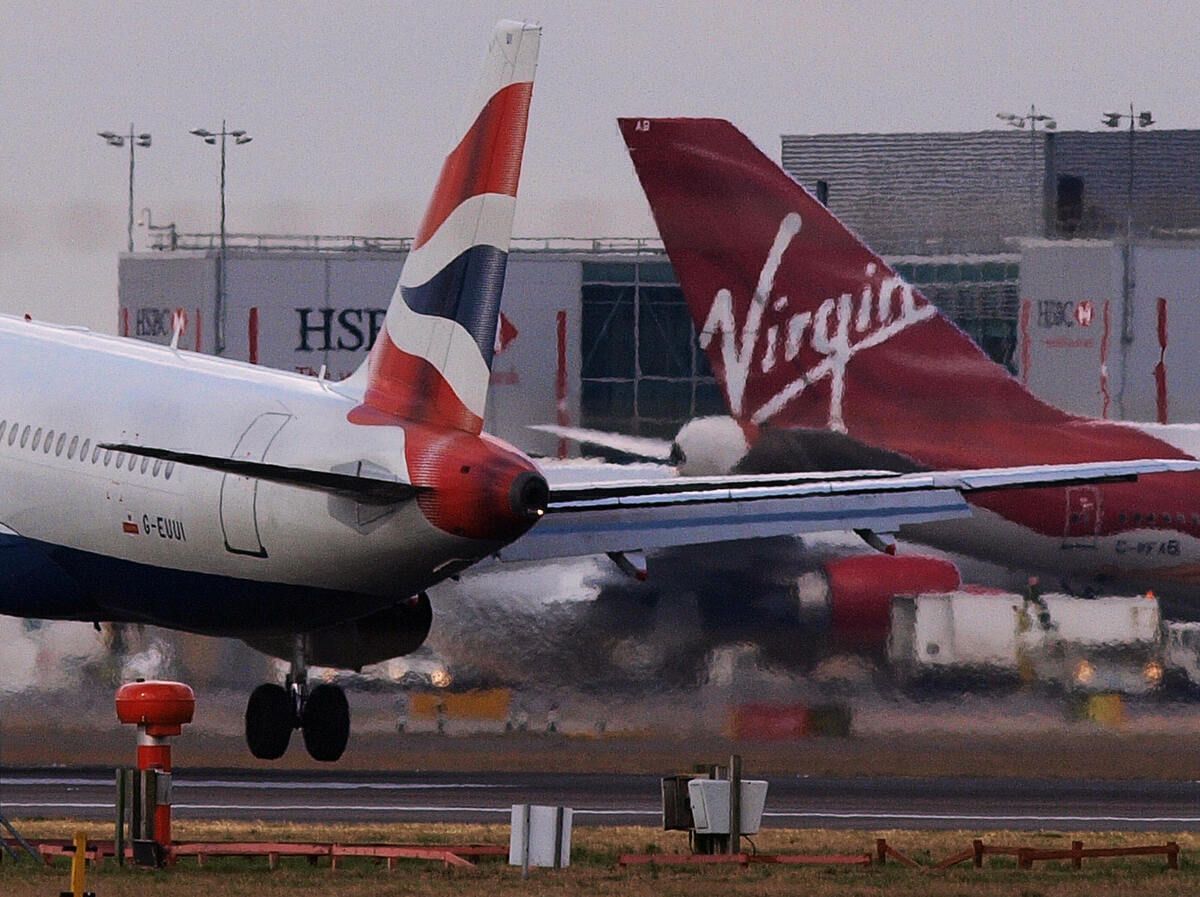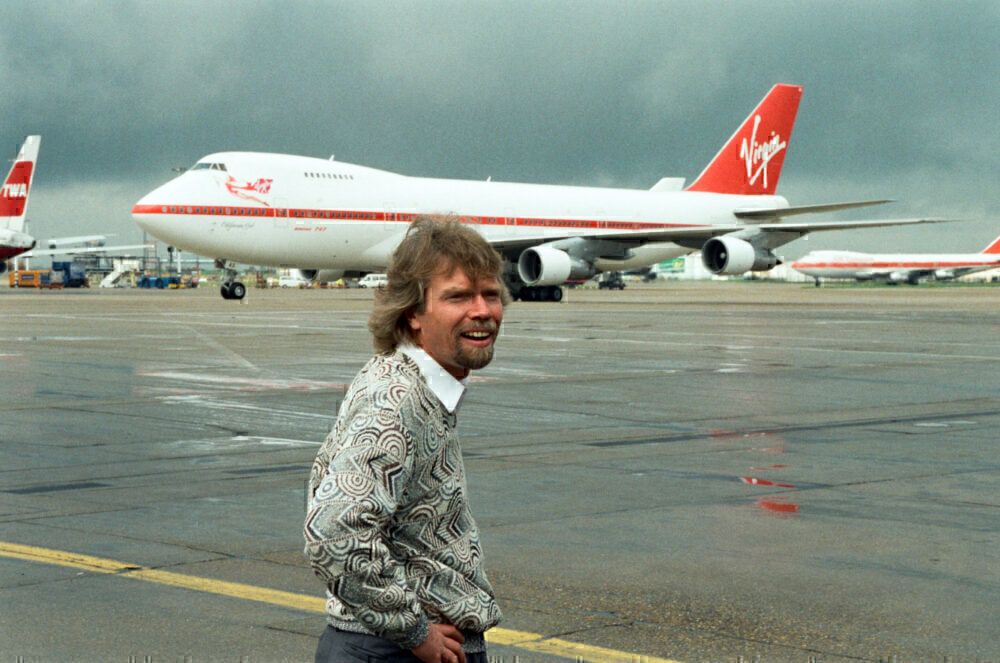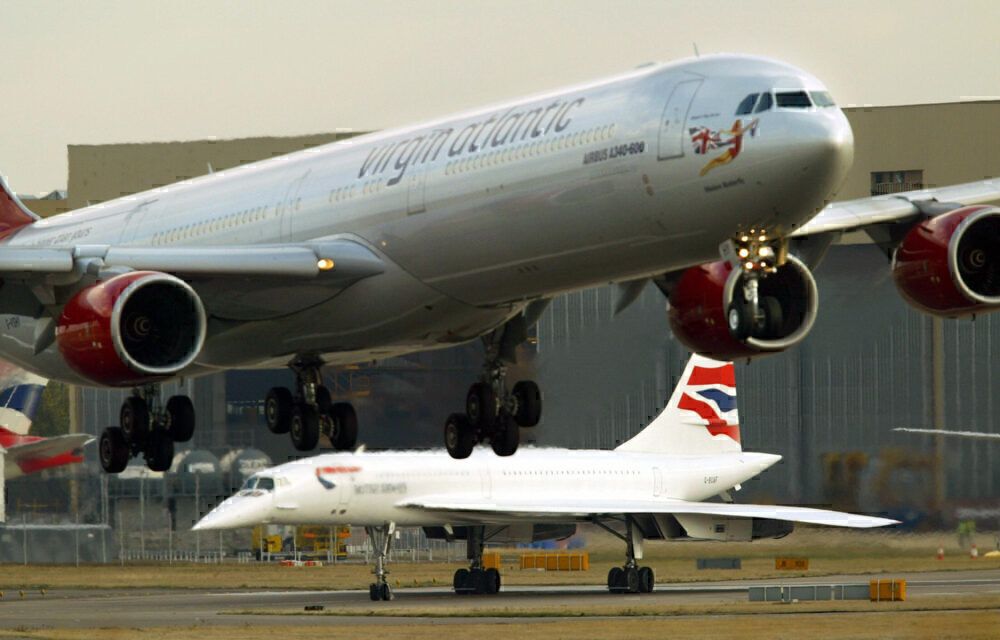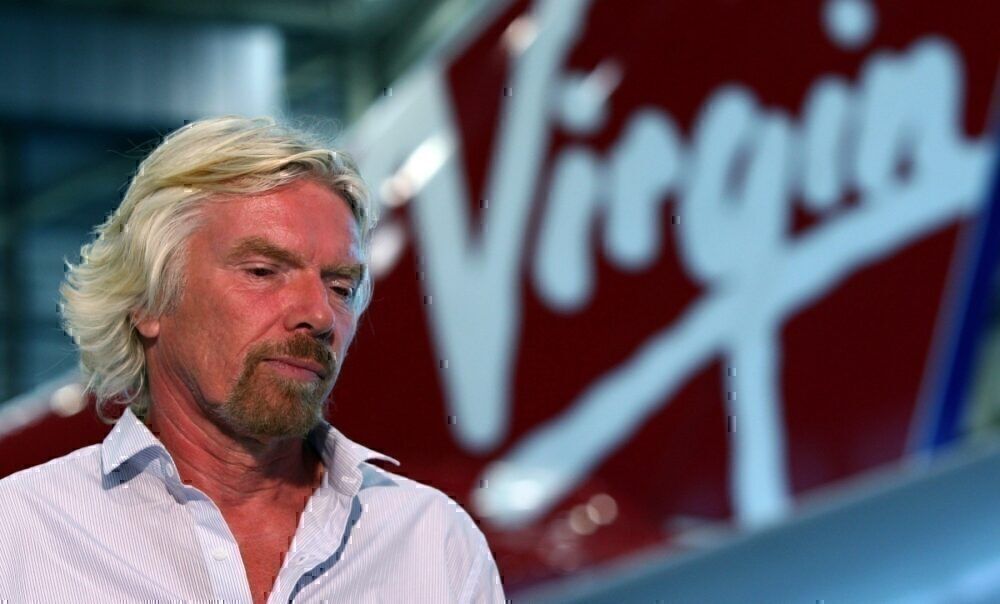As one of the oldest airlines in the world, British Airways had a largely uncontested stronghold on British aviation for much of the 20th century. However, after Virgin Atlantic’s arrival on the scene in 1984, there was cause for concern for the flag carrier of the United Kingdom. The two operators would begin a rivalry that would continue for decades.
Stepping on toes
Virgin Atlantic and its founder, Richard Branson, were notably bringing a new lease of life to the aviation industry. The image of the company and its management was something different, with a more personable and charismatic approach.
It would be the turn of the 1990s when British Airways would start to raise its eyebrows at the progress of its new competition. BAA, the operator of Heathrow Airport, gave Virgin approval to operate from the facility. The carrier was also given permission to use some unused BA slots at Tokyo Narita. Lord King, the chairman of BA, said that this move was a confiscation of his airline’s property.
"Dirty tricks"
Branson asserted that British Airways had conducted a smear campaign on him and his company by using unethical and even perhaps illegal moves to gain Virgin’s customers. However, BA felt that the rival was fabricating the charges. As a result, Branson filed a libel suit.
“So we had three or four planes after about two or three years, and British Airways launched what became famously known as 'the dirty tricks campaign'. And it was a kneecapping job to try and put Virgin Atlantic out of business completely. We learned about what they were up to from people who worked for British Airways, who were really embarrassed to be working for a company that behaved in this way,” Branson shared, according to the Daily Express.
"They would have a team of people behind locked doors at British Airways who would be ringing up our passengers, pretending to be from Virgin Atlantic, telling passengers that Virgin flights were delayed and then switching them on to British Airways."
In January 1993, British Airways agreed to settle the case with $945,000 in damages, which Branson distributed to his staff as a Christmas bonus. It also agreed to pay all court costs, which amounted to approximately $3 million.
BA said that there were incidents involving its staff that are regrettable. It also understood that the company gave Branson and Virgin cause for concern.
Stay informed: Sign up for our daily and weekly aviation news digests!
Notable gestures
Nonetheless, the power moves against each other would not stop throughout the 1990s. In 1997, British Airways shared that it would remove the Union Flag from its tail livery. Subsequently, Virgin implemented a Union Flag design on its own aircraft and even introduced a tagline calling itself Britain’s flag carrier.
Even in the new millennium, the games would continue. When BA retired the Concorde in October 2003, Virgin hoped to acquire seven units of the supersonic jet. Branson (now Sir Richard) offered just £1 for the aircraft, which he said was the same price that the planes were given to BA. Nonetheless, Branson later raised the offer to £1 million and then £5 million for each retired unit.
The saga continues
Following industry issues in 2009, Branson rekindled the rivalry after advocating that the government should not bail out British Airways if it went bust. He even expressed that the airline is not worth bidding for as he felt it was no longer worth much.
In 2012, British Midland merged with British Airways, giving the latter good scope for growth. In the same year, Delta Air Lines acquired a 49% stake in Virgin. Willie Walsh, the CEO of IAG at the time, didn’t hide his disdain for Branson. He felt that Delta’s management was now running the airline and that the name of Virgin Atlantic would soon cease to exist.
The war of the words would continue until now in the current market crisis with both airlines going through transitions amid the pandemic. After activity in the UK picks up again, the two carriers will undoubtedly continue their rivalry for many more years.
What are your thoughts about the rivalry between British Airways and Virgin Atlantic? Where do you see it heading going forward? Let us know what you think in the comment section.




